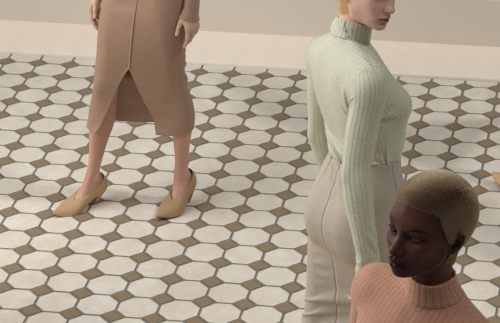GCHQ Spied on American, British Journalists, NSA Files Show
British intelligence swept up private communications of journalists of some of the largest media outlets in the UK and U.S., a new Guardian analysis of whistleblower Edward Snowden’s NSA files reveals.
Emails exchanged between journalists and editors at the Guardian, the BBC, Reuters, the New York Times, the Washington Post, Le Monde, the Sun, and NBC were harvested, saved, and shared in November 2008 among intelligence agents during a Government Communications Headquarters (GCHQ) test exercise, according to the analysis by Guardian reporter James Ball, published Monday.
The surveillance sweep collected 70,000 emails in less than 10 minutes.
Press releases, story revisions sent between reporters and editors, and other communications were all harvested as part of a test of a GCHQ tool that was developed to “strip irrelevant data out of the agency’s tapping process,” Ball writes. After being retained, the emails were made available on GCHQ’s intranet to cleared personnel.
While there was no evidence to suggest whether those reporters were intentionally targeted, a separate set of UK intelligence documents show that “investigative journalists” were placed on a security threat assessment list alongside terrorists and hackers.
One internal document intended for army intelligence stated that “journalists and reporters representing all types of news media represent a potential threat to security.”
Monday’s analysis of the NSA files comes amid heated debate over government surveillance and its risks to civil liberties. UK Prime Minister David Cameron has repeatedly called for stronger surveillance power for British intelligence, proposing legislation in the wake of the attacks on Charlie Hebdo that would allow British police to break into encrypted communications of “suspected terrorists.”
In response to those heightened demands and continuing Snowden revelations, more than 100 editors signed a letter Monday coordinated by the Society of Editors and Press Gazette urging Cameron to put an end to police spying on journalists.
“The code needs to balance the seriousness of the alleged crime against the public interest in protecting the confidentiality of all journalistic sources and potential whistleblowers,” the letter states.
Click Here: All Blacks Rugby Jersey
Records obtained under RIPA without warrants must be kept as one of the agency’s top secrets, the NSA files show.
A GCHQ spokesperson defended the agency’s policies, telling the Guardian, “[T]he UK’s interception regime is entirely compatible with the European convention on human rights.”
You May Also Like

Pool Products: Essential Accessories for Your Swimming Pool
March 17, 2025
China’s Leading Pool Supplies Manufacturer & Supplier
March 25, 2025